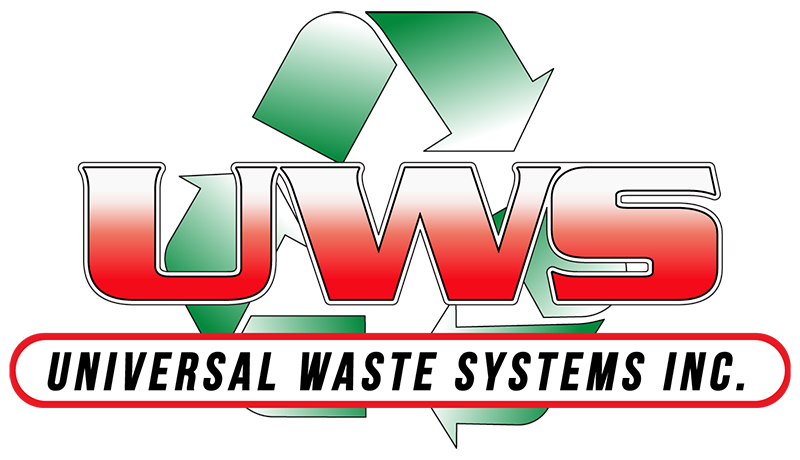Blog
Revolutionizing Waste Management Strategies for Efficient Trash Pickup Solutions
In today's rapidly evolving urban landscapes, the need for efficient waste management trash pickup solutions has never been more critical. As cities expand and populations grow, traditional waste management strategies face increasing pressure, leading to the search for innovative methods to enhance operational efficiency and sustainability.
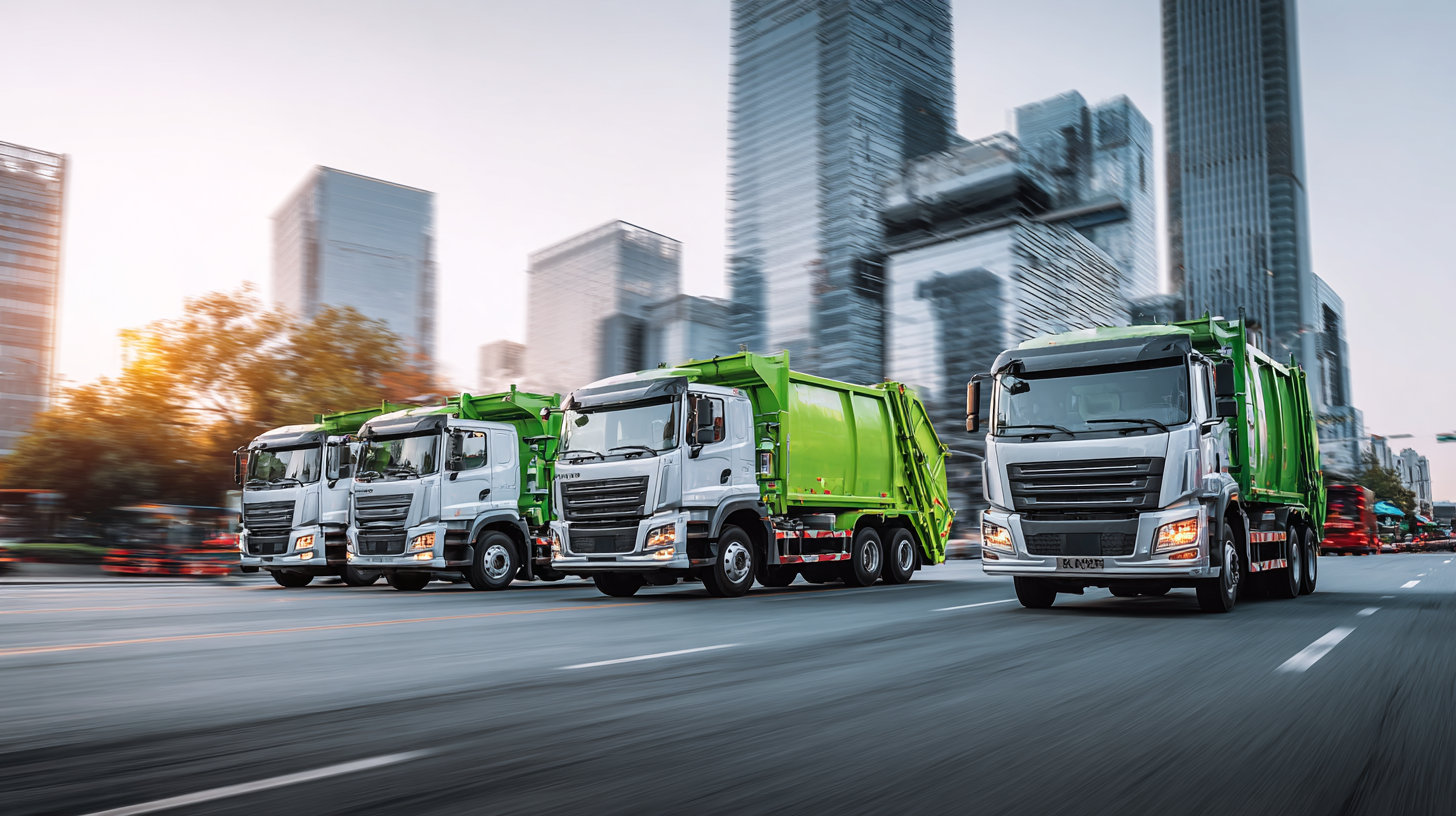
This article explores a revolution in waste management, highlighting the integration of digital technologies and best practices that can transform the way we approach trash pickup. By leveraging data analytics, smart routing, and automated systems, municipalities can optimize their waste collection processes, reduce operational costs, and minimize environmental impact.
The following discussion will delve into the key strategies and technological advancements that are shaping the future of waste management, ensuring cleaner and smarter cities for generations to come.
Innovative Technology Integration for Streamlined Waste Collection Processes
Innovative technology integration is transforming traditional waste collection processes into more efficient and streamlined operations. By employing smart sensors and IoT devices, waste management companies can monitor bin levels in real-time, allowing for optimized pickup schedules based on actual need rather than pre-set routes. This data-driven approach minimizes unnecessary trips, reduces fuel consumption, and ultimately cuts operational costs.

Furthermore, the application of AI and machine learning algorithms enhances route planning. By analyzing various factors such as traffic patterns, waste generation rates, and seasonal fluctuations, these technologies can dynamically adjust collection routes to improve efficiency. The result is a significant reduction in carbon emissions and operational downtime, contributing to sustainability efforts in urban environments. Such innovations not only help in better resource management but also enhance the overall responsiveness of waste collection services to community needs.
Data-Driven Insights for Optimizing Trash Pickup Schedules
Effective waste management is increasingly driven by data-driven insights that optimize trash pickup schedules. By harnessing real-time data analytics, municipalities can better understand waste generation patterns, allowing them to adjust collection routes and frequencies accordingly. For example, integrating GPS technology and IoT sensors into waste collection vehicles enables the tracking of fill levels in bins, providing valuable information on when bins are due for pickup and reducing unnecessary trips.

Furthermore, analyzing historical data on waste disposal can uncover trends that inform future schedules. Seasonal fluctuations, local events, or even socio-economic changes can impact waste volume, and by recognizing these patterns, cities can proactively manage resources. Implementing predictive analytics models can greatly enhance operational efficiency, ensuring that areas with higher waste production receive timely service while optimizing costs and reducing environmental impacts. Overall, the integration of data-driven strategies in waste management is crucial for modernized, efficient trash pickup solutions.
Community Engagement Strategies to Enhance Recycling Participation
Community engagement is a crucial component in enhancing recycling participation and improving overall waste management strategies. By involving local residents in the decision-making process and providing them with clear information on the benefits of recycling, communities can foster a culture of responsibility and awareness. Initiatives such as workshops and public forums can empower citizens to voice their concerns and suggest solutions, thereby creating a sense of ownership over local waste management practices.
Moreover, integrating gamification elements, such as recycling competitions or reward systems, can significantly boost participation rates. Communities can establish monthly challenges to encourage households to recycle more effectively, tracking progress and celebrating achievements together. Additionally, partnerships with local businesses and schools can facilitate educational programs that reinforce the importance of recycling and waste reduction, ultimately transforming attitudes and behaviors towards waste management. Engaging communities in these innovative strategies not only enhances recycling efforts but also contributes to a cleaner, more sustainable environment.
Community Engagement Strategies to Enhance Recycling Participation
This bar chart illustrates the effectiveness of various community engagement strategies in improving recycling participation rates. The data represents a percentage increase in recycling participation before and after implementing specific strategies.
Smart Bin Solutions: The Future of Automated Waste Sorting
The advent of smart bin solutions represents a transformative shift in waste management, aiming to streamline the waste sorting process while enhancing overall efficiency. These innovative bins are equipped with advanced sensor technology and artificial intelligence, allowing them to automatically distinguish between recyclables, compostables, and general waste. By utilizing real-time data analytics, municipalities can optimize their collection routes and schedules, reducing operational costs and minimizing environmental impact.
Furthermore, smart bins encourage community participation in recycling initiatives by providing immediate feedback to users. Some models feature digital displays that inform the public about the types of materials accepted and their recycling benefits. This interaction not only helps to increase recycling rates but also fosters a culture of sustainability. As cities embrace these smart solutions, the future of automated waste sorting appears bright, paving the way for greener urban environments and better resource management.
Eco-Friendly Practices in Waste Management to Reduce Landfill Impact
The growing awareness of environmental issues has prompted a significant shift towards eco-friendly practices in waste management. Traditional waste disposal methods have contributed heavily to landfill overflow, leading to long-term environmental degradation. In response, municipalities and organizations are now adopting innovative strategies aimed at minimizing waste output and enhancing recycling efforts. Composting, for instance, is gaining traction as a natural waste processing solution that diverts organic materials from landfills and turns them into valuable fertilizers for soil enrichment.
Moreover, the integration of technology plays a pivotal role in revolutionizing waste management practices. Smart bins equipped with sensors can monitor waste levels, allowing for more efficient pickup schedules and reducing unnecessary trips. This not only conserves fuel but also lowers greenhouse gas emissions associated with waste collection. Additionally, community education programs foster greater awareness about recycling and composting, encouraging residents to participate actively in reducing their waste footprint. By embracing these eco-friendly practices, we can significantly mitigate the impact of landfills and pave the way for a sustainable future.
Revolutionizing Waste Management Strategies for Efficient Trash Pickup Solutions - Eco-Friendly Practices in Waste Management to Reduce Landfill Impact
| Waste Type | Recycling Rate (%) | Composting Rate (%) | Waste to Energy Rate (%) | Landfill Reduction Strategy |
|---|---|---|---|---|
| Organic Waste | 30 | 50 | 10 | Community Composting Programs |
| Plastic Waste | 15 | 0 | 5 | Plastic Recycling Drives |
| Glass Waste | 50 | 0 | 2 | Bottle Deposit Programs |
| Metal Waste | 80 | 0 | 10 | Metal Collection Events |
| E-Waste | 20 | 0 | 5 | E-Waste Collection Drives |
Related Posts
-
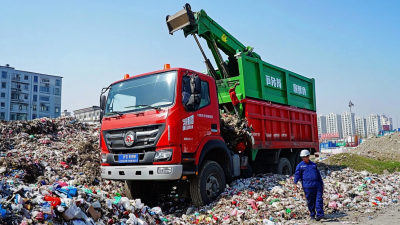
Top 10 Garbage Removal Manufacturers from China at the 137th Canton Fair
-
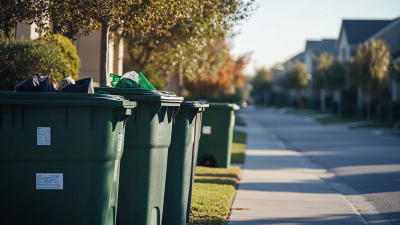
2025 Waste Management Trends and Insights on Optimizing Trash Pickup Solutions
-

Maximizing Global Business Opportunities at the 137th Canton Fair with County Waste Solutions
-
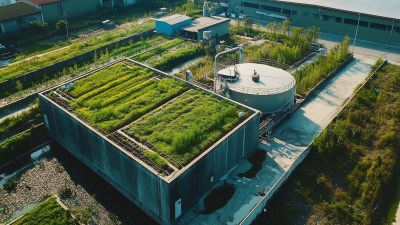
Elevating Global Standards with China's Best Green Waste Facility Solutions
-

Effective Solutions for Streamlined Trash Pickup: Insights from the Waste Management Industry
-

What is the Growing Demand for Trash Removal Services in Global Markets
Request a Quote
Fill out the form below and one of our specialists will contact you to discuss your questions and needs.
